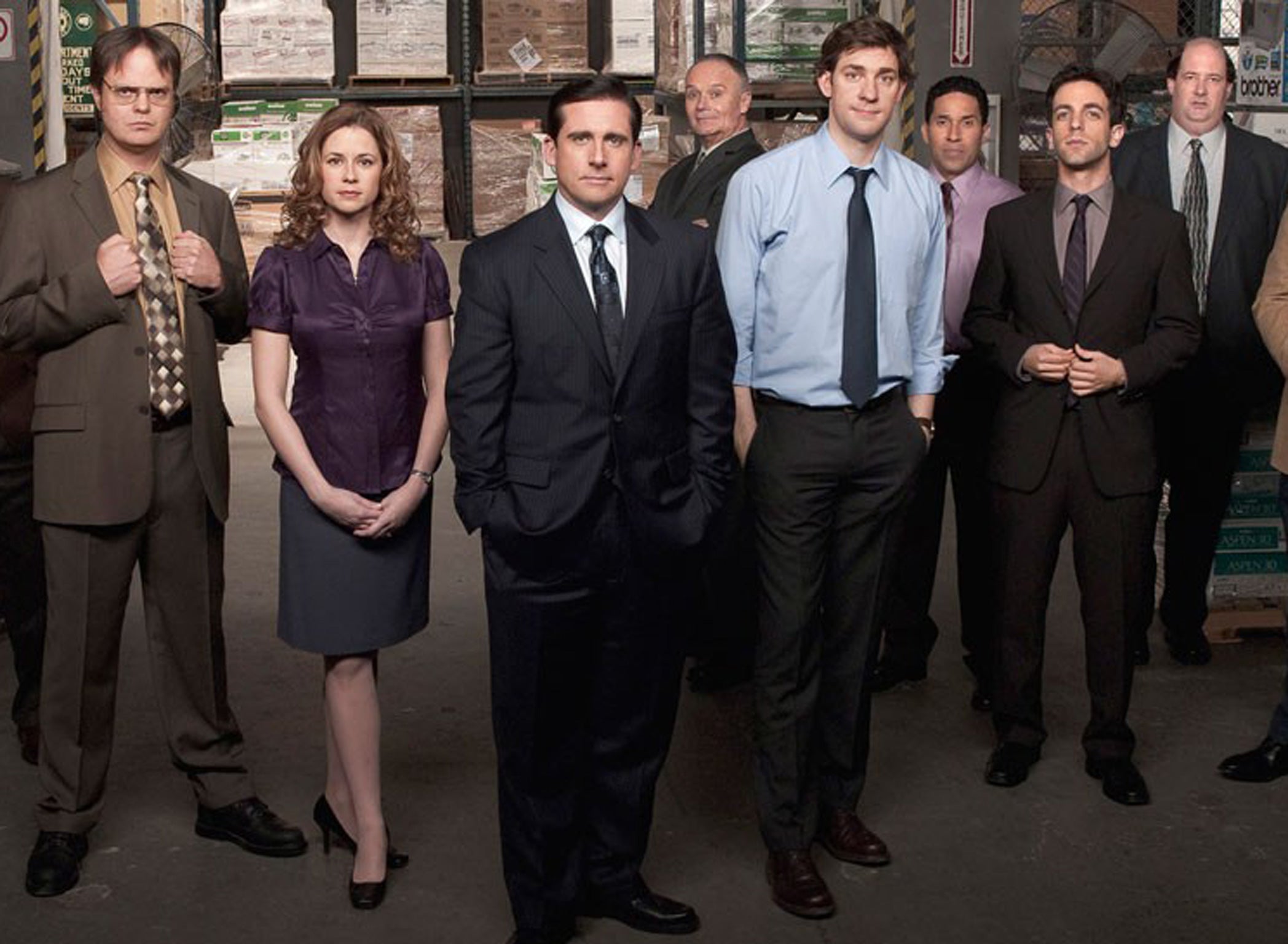Your support helps us to tell the story
From reproductive rights to climate change to Big Tech, The Independent is on the ground when the story is developing. Whether it's investigating the financials of Elon Musk's pro-Trump PAC or producing our latest documentary, 'The A Word', which shines a light on the American women fighting for reproductive rights, we know how important it is to parse out the facts from the messaging.
At such a critical moment in US history, we need reporters on the ground. Your donation allows us to keep sending journalists to speak to both sides of the story.
The Independent is trusted by Americans across the entire political spectrum. And unlike many other quality news outlets, we choose not to lock Americans out of our reporting and analysis with paywalls. We believe quality journalism should be available to everyone, paid for by those who can afford it.
Your support makes all the difference.The media giant NBC- Universal broke US ad-sale records for its Olympic programming this year. But, as more people skip ad breaks, television shows must do all they can to make money. Product placement has long been a fixture of American TV, with some shows working real-life products into scripts without too much damage to reputations.
The Office has been a big part of NBC's schedule for years. It is also a prominent product placer, with plots revolving around such brands as Chili's and Staples. The US version of Ricky Gervais's show is now in its ninth season and executives have found another way to cash in. It's what The New York Times's David Carr referred to in his Media Decoder column as "reverse product placement". Rather than traditional deals, in which real products appear as part of the plot, The Office has licensed the name of its fictional paper brand, Dunder Mifflin, to be sold by Quill.com, a website owned by Staples. The Dunder Mifflin range, which includes everything from lined paper to branded Sharpie markers, has performed well enough for executives at Quill to consider starting a full-on franchise. If they do, it will be aided by the prominence of the Dunder Mifflin brand on a syndicated sitcom.
If people are dodging ads and are put off by more obvious product placement, then this is as good a way as any to make additional cash, though it is perhaps restricted to shows such as The Office, with loyal and devoted audiences.
Fans of some shows and films have been able to buy "fictional" products before, though none as prosaic as paper goods. There's a real-life chain of Bubba Gump Shrimp restaurants (after Forrest Gump), an unofficial Duff Beer (The Simpsons) and Nestlé makes Wonka bars, based on Willie Wonka & The Chocolate Factory.
So, can UK shows take advantage, too? Could ITV flog Coronation Street's Underworld knickers? "Yes," says Jeremy Roberts, a media lawyer. "It would just mean [the fictional brand] would then be controlled by the restrictions real products are under in the broadcasting code." So, no undue prominence or sales of Newton & Ridley beer (you can't product-place alcohol). Time to get stitching, Granada.

Join our commenting forum
Join thought-provoking conversations, follow other Independent readers and see their replies
Comments